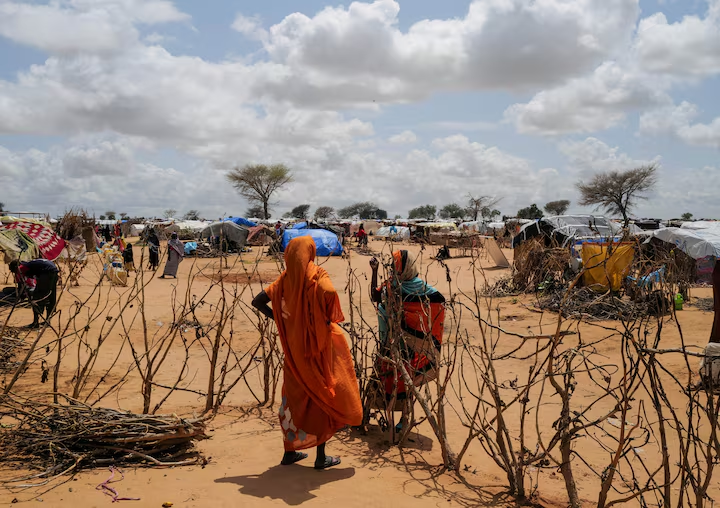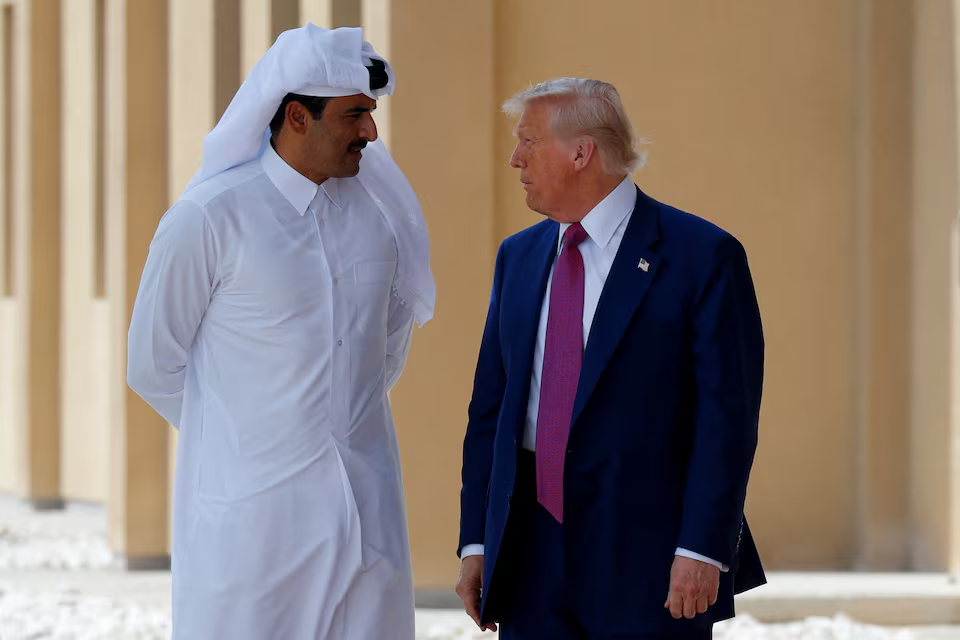On May 6, 2025,Chinese President Xi Jinping began a symbolic visit to Moscow this week in a highly choreographed show of unity with Russian President Vladimir Putin. Timed to coincide with Russia’s Victory Day commemorations of the defeat of Nazi Germany, the visit marks a pivotal moment in China-Russia relations and sends a strong signal to the West about the depth of their strategic partnership amid ongoing geopolitical friction.
Xi’s four-day visit, starting May 6, is his first trip to Russia since 2023 and takes place under the cloud of war in Ukraine. The visit highlights how Beijing is positioning itself as a key global power broker while providing Moscow with critical diplomatic cover as it remains largely isolated by the West over its invasion of Ukraine.
At the center of the visit are high-level talks between Xi and Putin aimed at expanding bilateral cooperation. The discussions are expected to focus heavily on deepening energy ties—particularly progress on the proposed Power of Siberia 2 gas pipeline—and on reinforcing economic trade as Western sanctions continue to bite into Russia’s economy. The two leaders are also likely to reaffirm their vision of a “multipolar world,” a concept that opposes U.S. global dominance and supports alternative power structures rooted in national sovereignty and regional influence.
While Beijing has refrained from providing direct military support to Moscow’s war effort, it has nonetheless become a vital economic and political lifeline. Trade between China and Russia has reached record highs, with China supplying dual-use technologies, vehicles, and consumer goods that help sustain the Russian economy. In turn, Russia provides China with discounted oil and gas, bolstering energy security for the world’s second-largest economy.
Symbolism plays a central role in Xi’s visit. He is attending Russia’s Victory Day parade on May 9—an event steeped in national pride and historical legacy. His presence underscores China’s endorsement of Putin’s wartime narrative and presents a unified front against Western influence. Kremlin spokespersons have emphasized that this visit signifies the strength and maturity of bilateral relations “founded on mutual respect and strategic trust.”
Xi’s arrival came amid rising security tensions in Russia, including repeated Ukrainian drone attacks targeting Moscow. Despite these disruptions, the visit is proceeding as planned, with both governments eager to signal normalcy and strength. The presence of heightened security in the capital only further reflects the seriousness with which Moscow views the visit and its potential to send a message to both domestic and international audiences.
In Western capitals, Xi’s move has been viewed with concern. The deepening China-Russia axis complicates efforts by the United States and Europe to isolate Moscow. It also raises questions about China’s intentions in other areas, particularly regarding Taiwan and the South China Sea. Analysts suggest that Beijing’s willingness to support Moscow without openly defying international sanctions is part of a broader effort to carve out more geopolitical autonomy in an increasingly divided global order.
While the visit is unlikely to result in formal military cooperation agreements, it is emblematic of a broader shift in global alliances. Both Xi and Putin are invested in redefining global power dynamics and challenging Western leadership. Their rhetoric—framing the relationship as a counterweight to “unilateralism” and “interference”—reflects an ambition to lead a new bloc of nations less beholden to the U.S.-led system.
As Xi’s visit continues, the world watches closely to see whether the symbolic gestures translate into more substantive strategic shifts. The enduring partnership between the two authoritarian leaders remains one of the most significant developments in global politics today, especially as conflicts and crises continue to destabilize traditional alliances.
Source; Reuters


